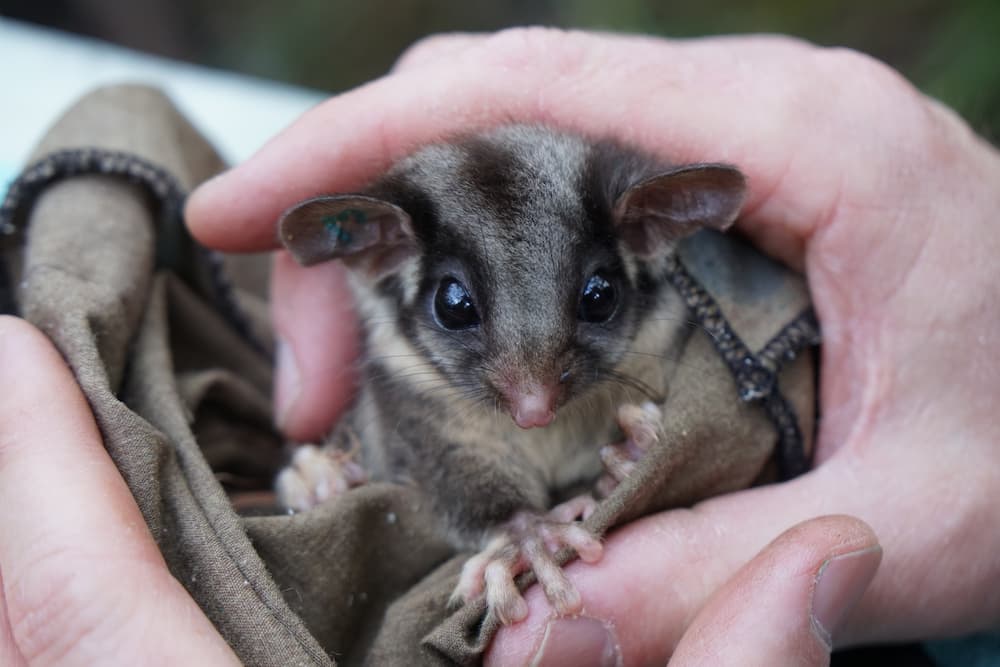
The Victorian Government is introducing new measures to keep wildlife safe. Photo: Victorian Department of Energy, Environment and Climate Action.
The Allan Labor Government in Victoria is moving to deliver stronger animal welfare protections as it cracks down on wildlife crime.
Worth $2.9 million, the new measures, which support wildlife carers, shelters and rescuers, were announced in response to the Wildlife Act Review.
Part of the investment includes a new $2 million wildlife hospital at Kyabram Fauna Park, run by Zoos Victoria, which will improve access to animal trauma care services in the regions.
Regional and rural wildlife carers will benefit from $350,000 in training and veterinarian outreach to help upskill, and a new $300,000 Wildlife Rehabilitator Rebate Scheme will help carers cover the costs of food, medicine and equipment needed to treat injured or unwell animals.
A $100,000 funding injection will bolster the number of wildlife rescuers responding to natural disasters such as floods and fires, while another $100,000 will go towards managing wombat mange. A $50,000 one-off grant will be provided for shelters in the southwestern regions of the state. This investment is in addition to the annual $300,000 Wildlife Rehabilitator Grants, which are now open for applications.
“We’re backing our dedicated carers and rescuers with more support on the ground and a new wildlife hospital in regional Victoria,” Minister for Environment Steve Dimopoulos said.
Urban areas will also be the subject of wildlife protection measures, with a fruit-netting swap pilot program across five metro councils. This program aids households in replacing illegal netting for their fruiting plants with wildlife-safe alternatives at no cost.
It is illegal to use or sell fruit tree netting with mesh larger than 5mm x 5mm, which traps and injures animals such as the grey-headed flying fox.
The system of pet ownership will see changes, too. Victoria will ban the ownership of crocodiles as pets and update the licensing system for wildlife that may be dangerous or have more complex needs than prospective owners may realise. Venomous snakes and monitor lizards, for example, will only be owned under tailored licences.
There will also be new limits on large-scale wildlife breeding to eradicate cruel practices in breeding.
“We’re delivering stronger rules and better tools to catch out wildlife crimes and end cruel breeding operations,” Mr Dimopoulos said.
New maximum penalties and new offences for wildlife crimes, as well as a Fit and Proper Person Test for all licences, will also help keep wildlife safe. The statute of limitations for investigating wildlife crime and filing charges for offences against the act will also be extended.
In addition, the government will strengthen ties with Crime Stoppers Victoria and the Conservation Regulator to report wildlife and forest crimes, and an online form will be created for submitting forest and wildlife crime reports.
An online tool will be created to verify whether parties in a purchase agreement hold a valid wildlife licence and will create a public record of court outcomes for wildlife crimes, making information on the illegal trade of animals public.


